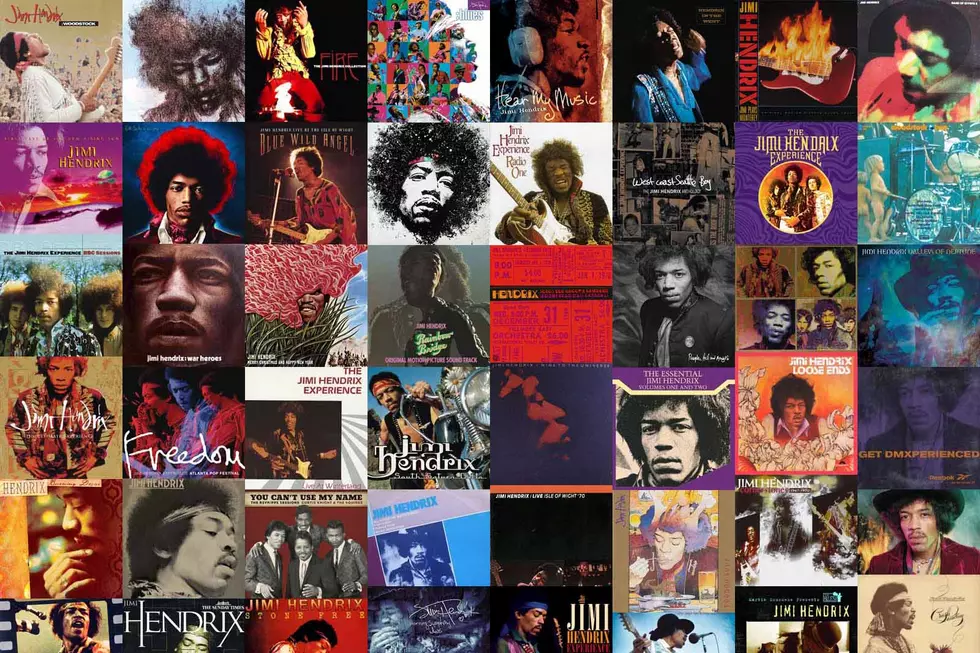
How You Can Test For Sleep Apnea At Home
Feeling tired during the day? Does your partner complain about you snoring at night? Then there's a pretty good chance you might have sleep apnea, which, in addition to fatigue and snoring, can cause a number of other issues that can have significant long-term effects on your health.
Many people avoid testing for sleep apnea because of the assumption that they'll have to stay overnight at a clinic or lab. However, little do they know that testing for sleep apnea can be done from the comfort of their own home!
With the help of Juro's Pharmacy Health & Wellness, we've put together an informative guide that explains what exactly sleep apnea is and how you can find out whether or not you have it using a home sleeping test.
What is sleep apnea?
Sleep apnea is a disorder that obstructs your breathing during your sleep, causing it to both repeatedly stop and start throughout the night, according to Juro's. You may not even be able to feel these breathing irregularities while sleeping.
Different types of sleep apnea include central sleep apnea, which occurs when your brain fails to communicate with the muscles that control your breathing, and obstructive sleep apnea, a common disorder that results from relaxed muscles in your throat.
How do I know if I have sleep apnea?
Symptoms of sleep apnea range from tiredness to dry mouth to difficulty concentrating. The best way to determine whether or not you have sleep apnea is a home sleep test, like the Alice NightOne from Juro's. It monitors your sleep patterns throughout the night and identifies any instabilities.
How Juro's can help your sleep apnea
With a prescription from your doctor, Juro's will offer you the Alice NightOne home sleep test free of charge! To get started, give them a call at 406-869-0123 to schedule your sleep apnea awareness test.
Juro's will check the Alice NightOne out to you for the night. When you return it the next day, Juro's will provide you and your doctor with a detailed report that will determine your risk rating.
Should the results of your report show signs of sleep apnea, your doctor will advise you on treatment options, which may include continuous positive airway pressure (CPAP) therapy or lifestyle changes, depending on the severity of your case.
More From 103.7 The Hawk









